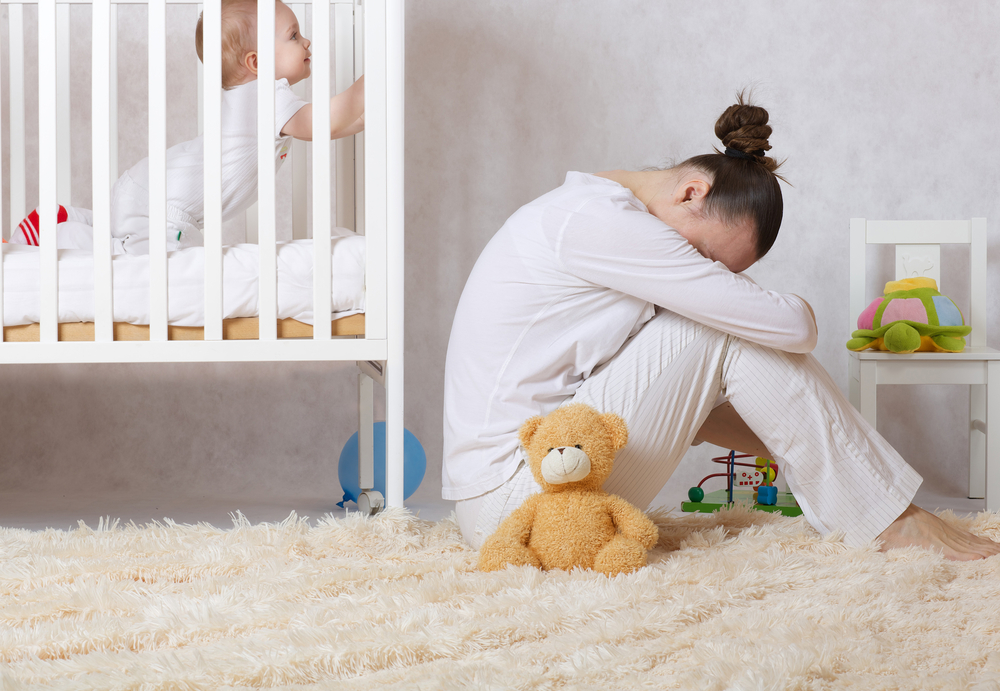Having a baby can be one of the best things to happen in your life. However, if you suffer from postpartum depression, it can become a nightmare. It doesn’t have to be, though. Surviving postpartum depression becomes much easier with these tips.
- Open up – The first mistake women make is thinking it won’t happen to them. Experiencing depression prior to pregnancy has the possibility to make you more susceptible to postpartum depression, but women that have never experienced depression can fall prey to postpartum depression, so don’t automatically disqualify yourself.
- Educate yourself – Learn about the warning signs of postpartum depression, and identify how those symptoms might look if you had them. Be aware that men can develop postpartum depression as well.
- Establish a support network – Identify the people in your life that will be able to offer the support you need as you adjust to life with a new baby (whether it’s your first or fifth). Look at your family, friends, religious or spiritual affiliations, and community organizations like Mothers of Preschoolers. Look for practical support like people that can come over to offer adult conversation for a few minutes, watch the baby while you catch a nap, or bring dinner over as well as the emotional support you need. Often practical support will help prevent some of the issues that lead to postpartum depression.
- Sign a postpartum contract – As a person coping with depression prior to pregnancy, this was very possibly the best thing I did for my family. This customizable form allowed me to broach the subject with those in my support network, and let them know the seriousness of the situation. It outlines the most common warning signs of postpartum depression and allows you and the members of your support network to agree on a plan of action for dealing with the issue before the need arises. I encourage you to have 3 contracts drawn up with support people, including your spouse or parenting partner.

- Be honest – If someone in your support network approaches you about concerns, be honest with them (and yourself) about what’s going on, how you’re feeling, and how you’re coping. Noticing warning signs of postpartum depression doesn’t necessarily mean you must go to the doctor to seek treatment, but you definitely need to look closely at your situation and look for ways to help address the contributing factors that are presenting themselves.
- Get over stereotypes, myths, and misconceptions – If you and those in your support network do decide that you should seek medical attention, do it. Don’t let frightening news reports, ill-informed jokes, or unsubstantiated stories keep you from seeking help. There is no shame in seeking help for depression. If anything, the act alone puts you ahead of the game and shows that you are a great mom!
Postpartum depression can be debilitating, but it doesn’t have to be the end of the road. You may not run the fastest 400-meter hurdle in the world this season like Lashinda Demus after battling postpartum depression, but you will be no less of a champion. With treatment and support, surviving postpartum depression can be done!
